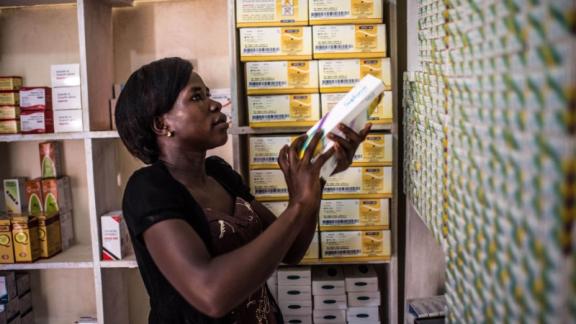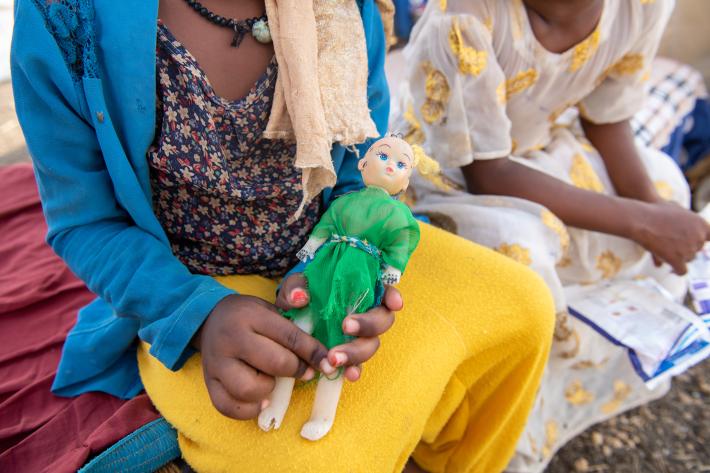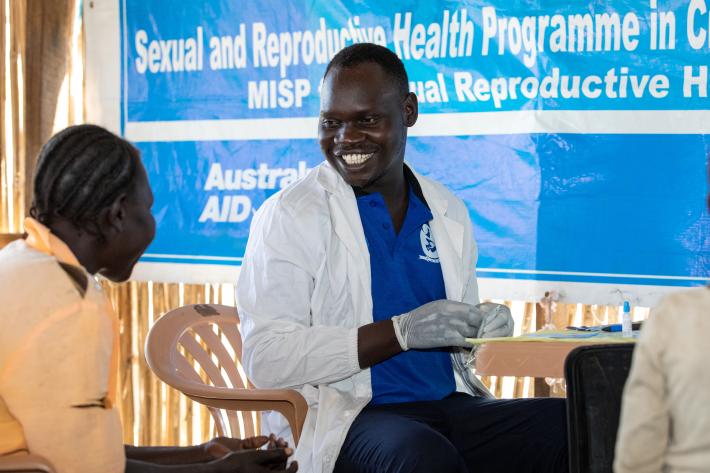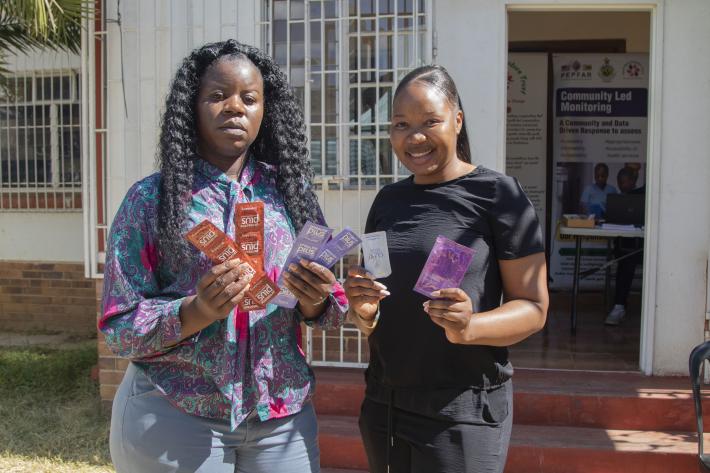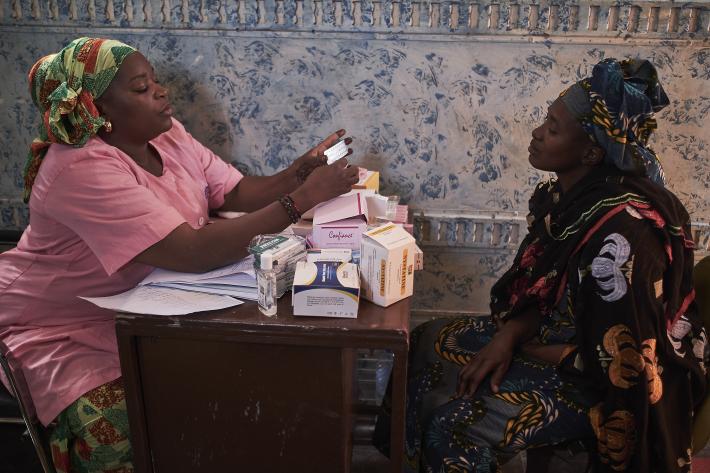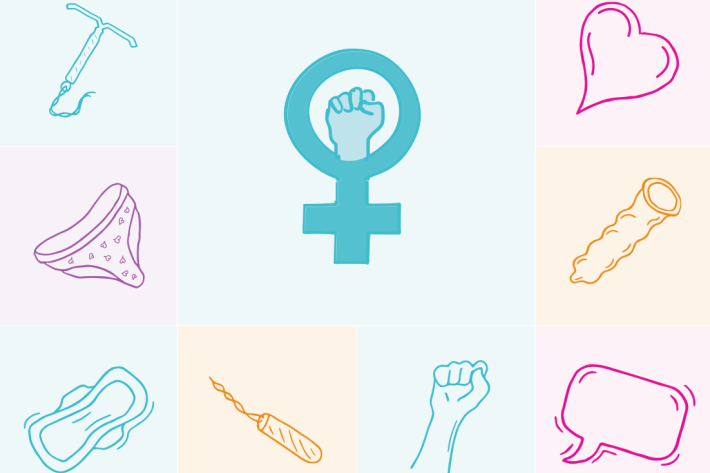Spotlight
A selection of resources from across the Federation

IMAP Statement on Preventing Female Genital Mutilation
This statement provides guidance to prevent, respond to and mitigate the impact of FGM.
Filter our resources by:

| 28 April 2021
Stigma-Free Abortion Services in Ghana - A report
From August 2019 to January 2021, Youth Development Labs (YLabs) partnered with Planned Parenthood Association of Ghana (PPAG) on the Stigma-Free Abortion Services (StigFAS) project, with the goal of increasing access to safe abortion services for young women and girls in Accra, Ghana. The project approach involved exploring the challenge through participatory qualitative research, developing an intervention through a youth-driven design process, and implementing a small pilot program. The intervention consisted of three complementary elements designed to increase girls’ awareness of safe abortion options and improve their linkage to sexual health services, including safe abortion care. These elements were Girl Boss, a future-focused outreach program led by female peer mentors Sister Support, a free phone/text confidential counseling and referral service Safe Pass, a partnership with local pharmacists to guide girls to safe abortion services. Take a look at our final report on this project via the link attached above.
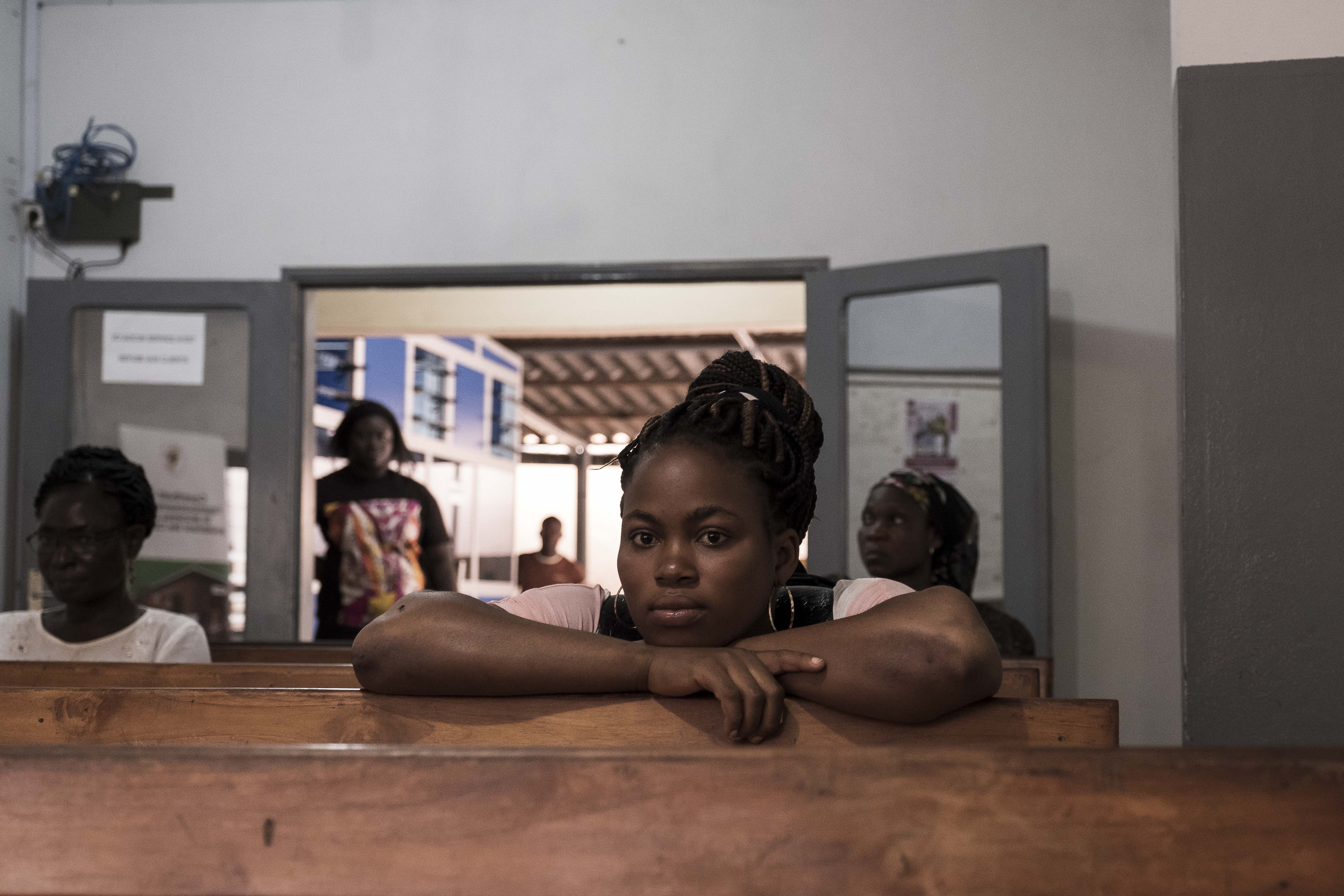
| 10 February 2021
Reducing Abortion Stigma: Global Achievements since 2014
Abortion stigma affects everyone: individuals, communities and service providers. Young women and adolescent girls bear the brunt of abortion stigma. It causes delays in people seeking abortion and stops others from accessing it, leading to unintended pregnancies. Stigma drives abortion underground, where it is more likely to be unsafe. Since 2014, the support of the David & Lucile Packard Foundation has enabled IPPF to reduce abortion stigma affecting young people around the world, working directly with Member Associations in six countries (Bénin, Burkina Faso, India, Pakistan, Ghana and Nepal). Meaningful youth participation has ensured that young people’s lived experiences were central in every aspect of this work. This project has also supported smaller ground-breaking youth-led projects in 14 different countries: Albania, Colombia, Ghana, Guinea, Kenya, Macedonia, Nepal, Nigeria, Palestine, Puerto Rico, Sierra Leone, Spain, Tanzania and Venezuela. This document highlights the achievements and learnings from the Abortion Stigma Project between 2014 and 2020, including case studies, research and evidence generated around abortion stigma, and popular resources and tools developed throughout the project, and more. We invite you to read more on this ground-breaking work in Reducing Abortion Stigma: Global Achievements since 2014
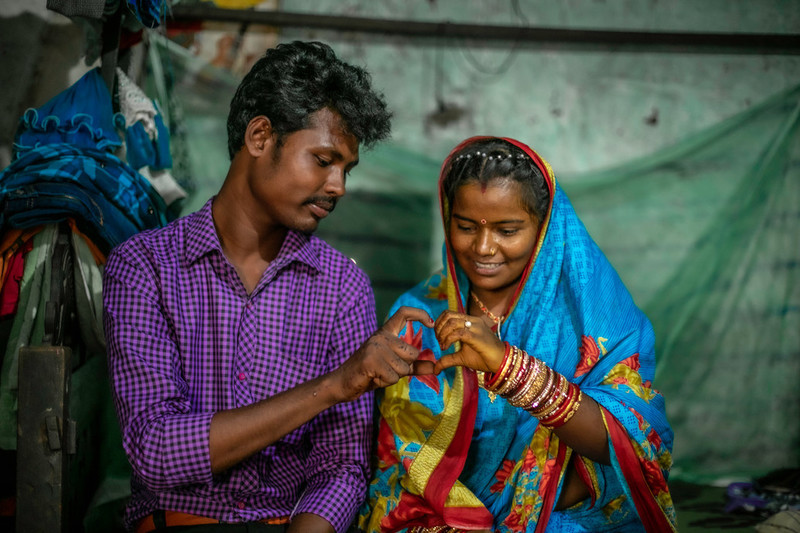
| 09 February 2021
Policy brief: Engaging men and boys in sexual and reproductive health and rights – learning from three diverse contexts
This policy brief summarises learning from three IPPF Member Association research projects on engaging men as clients, partners and change agents between 2016–2020. Despite diverse settings, common key insights include the primary importance of changing norms to enable engagement; identifying key influencers and networks to achieve this; and centralising positive masculinity. Initiatives should involve men and boys initially to localise approaches to the context and establish the most effective entry point to engage men and boys as clients, partners and agents of change.

| 25 January 2021
U.S. 990 2021
Download the IPPF's 2021 "Return of Organization Exempt From Income Tax" U.S. 990 report below.

| 01 January 2021







